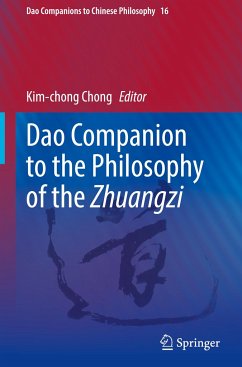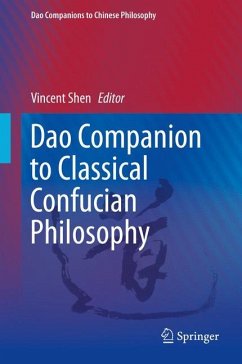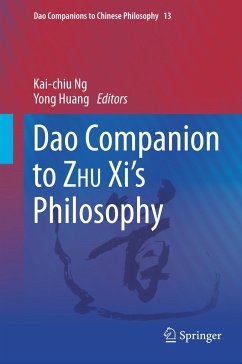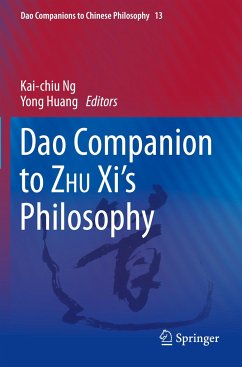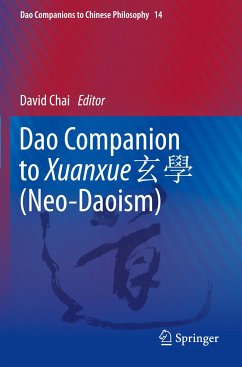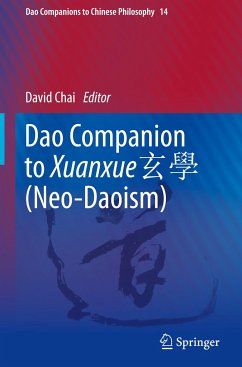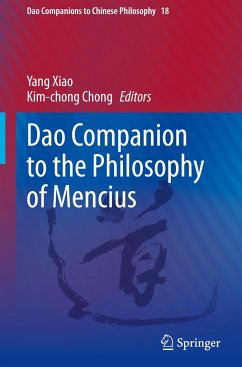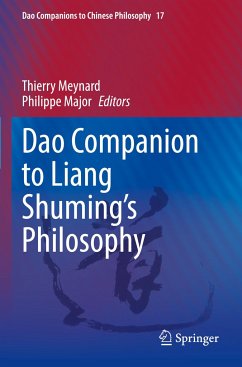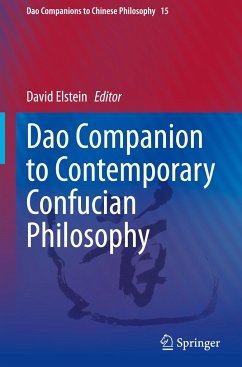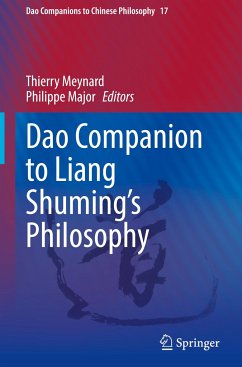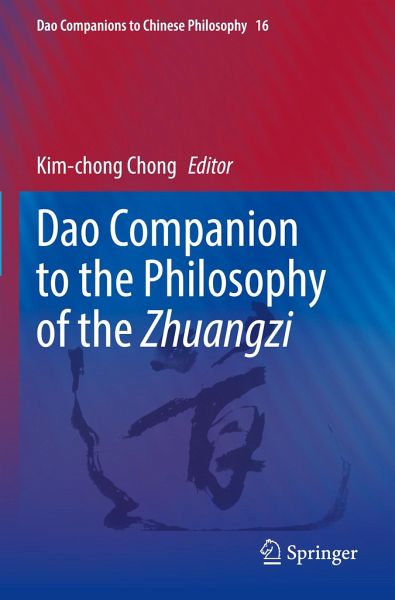
Dao Companion to the Philosophy of the Zhuangzi
Versandkostenfrei!
Versandfertig in 6-10 Tagen
121,99 €
inkl. MwSt.

PAYBACK Punkte
61 °P sammeln!
This comprehensive collection brings out the rich and deep philosophical resources of the Zhuangzi. It covers textual, linguistic, hermeneutical, ethical, social/political and philosophical issues, with the latter including epistemological, metaphysical, phenomenological and cross-cultural (Chinese and Western) aspects. The volume starts out with the textual history of the Zhuangzi, and then examines how language is used in the text. It explores this unique characteristic of the Zhuangzi, in terms of its metaphorical forms, its use of humour in deriding and parodying the Confucians, and parado...
This comprehensive collection brings out the rich and deep philosophical resources of the Zhuangzi. It covers textual, linguistic, hermeneutical, ethical, social/political and philosophical issues, with the latter including epistemological, metaphysical, phenomenological and cross-cultural (Chinese and Western) aspects. The volume starts out with the textual history of the Zhuangzi, and then examines how language is used in the text. It explores this unique characteristic of the Zhuangzi, in terms of its metaphorical forms, its use of humour in deriding and parodying the Confucians, and paradoxically making Confucius the spokesman for Zhuangzi's own point of view. The volume discusses questions such as: Why does Zhuangzi use language in this way, and how does it work? Why does he not use straightforward propositional language? Why is language said to be inadequate to capture the "dao" and what is the nature of this dao? The volume puts Zhuangzi in thephilosophical context of his times, and discusses how he relates to other philosophers such as Laozi, Xunzi, and the Logicians.





